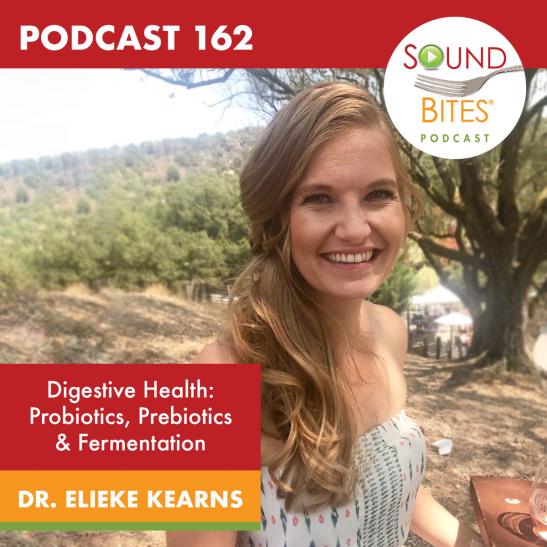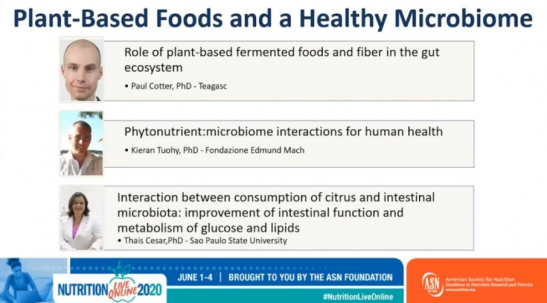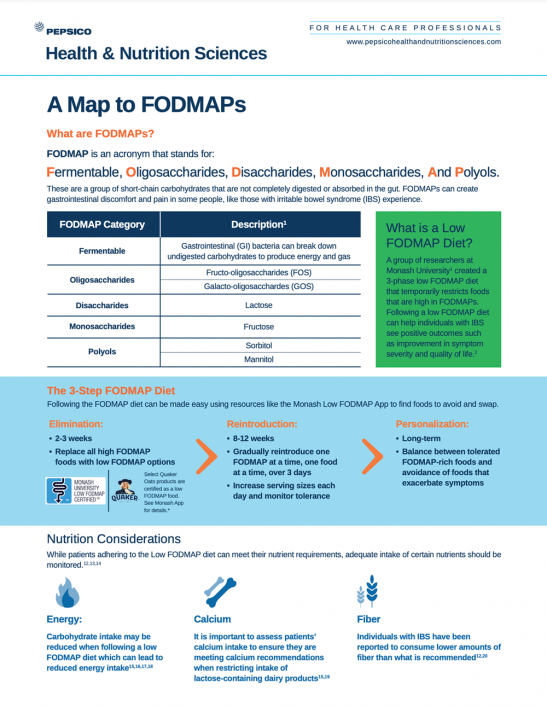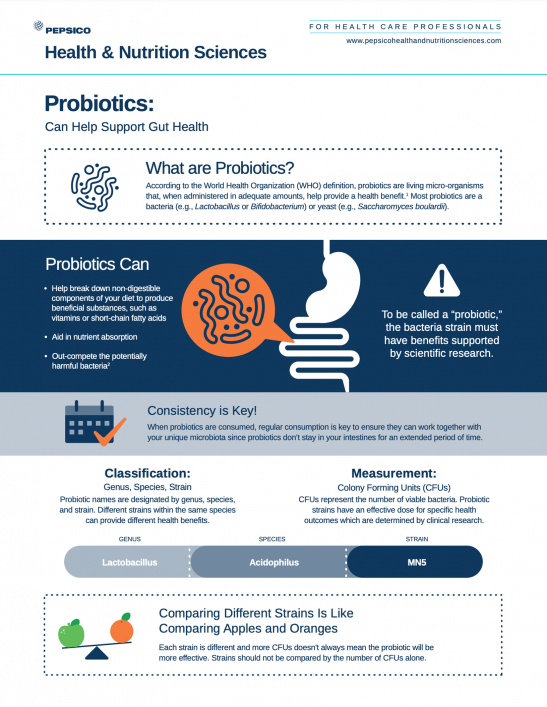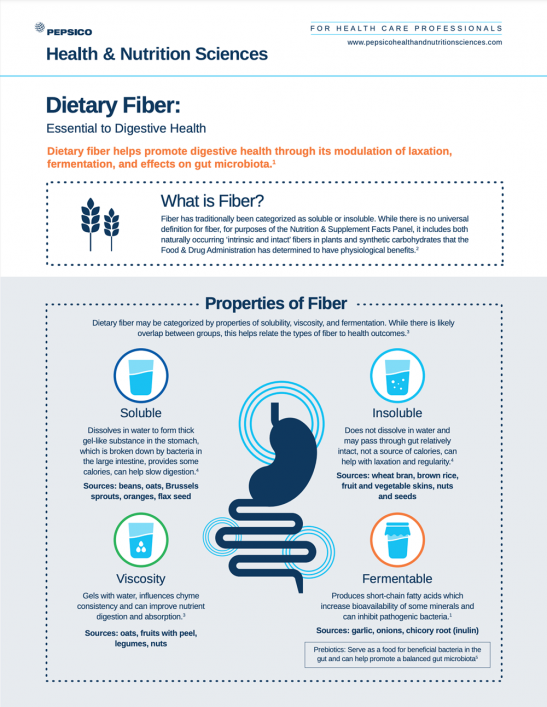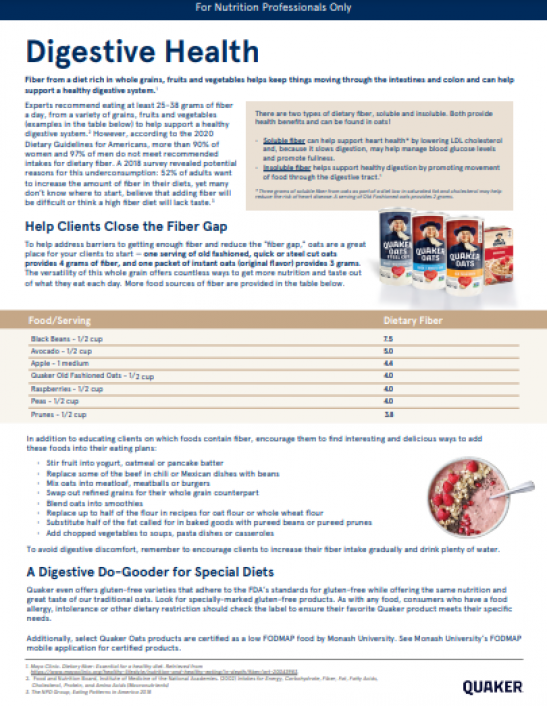Van den Abbeele, P., Duysburgh, C., Ghyselinck, J., Goltz, S., . . . Marzorati, M. (2021). Fructans with varying degree of polymerization enhance the selective growth of bifidobacterium animalis subsp. lactis bb-12 in the human gut microbiome in vitro. Applied Sciences (Switzerland), 11(2), 1-19. doi:10.3390/app11020598
Abstract:
Synbiotics aim to improve gastrointestinal health by combining pre- and probiotics. This study evaluated combinations of Bifidobacterium animalis subsp. lactis BB-12 with seven fructans: oligofructoses (OF1-OF2; low degree of polymerization (DP)), inulins (IN1-IN2-IN3; high DP) and OF/IN mixtures (OF/IN1-OF/IN2). During monoculture incubations, all fructans were fermented by BB-12 as followed from increased BB-12 numbers and increased acetate and lactate concentrations, with most pronounced fermentation for low DP fructans (OF1-OF2). Further, short-term colonic incubations for three human donors revealed that also in presence of a complex microbiota, all fructans (particularly OF1) consistently selectively enhanced the growth of BB-12. While each fructan as such already increased Bifidobacteriaceae numbers with 0.94–1.26 log(cells/mL), BB-12 co-supplementation additionally increased Bifidobacteriaceae with 0.17–0.46 log(cells/mL). Further, when co-supplemented with fructans, BB-12 decreased Enterobacteriaceae numbers (significant except for IN1-IN3). At metabolic level, all fructans decreased pH due to increased acetate and lactate production, while OF/IN2-IN1-IN2-IN3 also stimulated propionate and butyrate production. BB-12 co-supplementation further increased propionate and butyrate for OF/IN2-IN3 and IN1-IN2, respectively. Overall, combinations of BB-12 with fructans are promising synbiotic concepts, likely due to intracellular consumption of low DP-fructans by BB-12 (either present in starting product or released upon fermentation by indigenous microbes), thereby enhancing effects of the co-administered fructan.
Duysburgh, C., Van den Abbeele, P., Kamil, A., Fleige, L., . . . Marzorati, M. (2021). In vitro-in vivo validation of stimulatory effect of oat ingredients on lactobacilli. Pathogens, 10(2), 235. doi:10.3390/pathogens10020235
Abstract:
The prebiotic activity of a commercially available oat product and a novel oat ingredient, at similar β-glucan loads, was tested using a validated in vitro gut model (M-SHIME®). The novel oat ingredient was tested further at lower β-glucan loads in vitro, while the commercially available oat product was assessed in a randomised, single-blind, placebo-controlled, and cross-over human study. Both approaches focused on healthy individuals with mild hypercholesterolemia. In vitro analysis revealed that both oat products strongly stimulated Lactobacillaceae and Bifidobacteriaceae in the intestinal lumen and the simulated mucus layer, and corresponded with enhanced levels of acetate and lactate with cross-feeding interactions leading to an associated increase in propionate and butyrate production. The in vitro prebiotic activity of the novel oat ingredient remained at lower β-glucan levels, indicating the prebiotic potential of the novel oat product. Finally, the stimulation of Lactobacillus spp. was confirmed during the in vivo trial, where lactobacilli abundance significantly increased in the overall population at the end of the intervention period with the commercially available oat product relative to the control product, indicating the power of in vitro gut models in predicting in vivo response of the microbial community to dietary modulation.
Dennis-Wall, J. C., Burns, A. M., Solch, R. J., Ukhanova, M., . . . Langkamp-Henken, B. (2019). A beverage containing orange pomace improves laxation and modulates the microbiome in healthy adults: A randomised, blinded, controlled trial. Journal of Functional Foods, 60. 103438. doi:10.1016/j.jff.2019.103438
Abstract:
The aim was to assess whether citrus pomace increases stool frequency in healthy adults. In this randomised, blinded, controlled trial, healthy adults (62% females) received a beverage containing pomace (473 mL/day, providing 10 g fibre/day, n = 111) or control (n = 110) for 3 weeks. Stool frequency, Bristol Stool Form Scale (BSFS), and Gastrointestinal Symptom Rating Scale (GSRS) scores were self-assessed. 24-h diet recalls were completed once/week. Stool microbiota were analysed by 16S rRNA sequencing and qPCR. Mean total daily fibre intake was higher with pomace vs. control (P < 0.0001). Mean weekly stool frequency was higher, indicating improved laxation, with pomace vs. control (P = 0.0281) and increased from baseline with pomace (P = 0.0003) but was unchanged with control. Mean BSFS scores were higher with pomace vs. control (P = 0.04). GSRS indigestion syndrome scores, specifically symptoms of gas and bloating, were higher with pomace, suggesting fermentation. Pomace intake increased faecal OTUs corresponding to Lachnospiraceae and Ruminococcaceae.
Volokh, O., Klimenko, N., Berezhnaya, Y., Tyakht, A., . . . Alexeev, D. (2019). Human gut microbiome response induced by fermented dairy product intake in healthy volunteers. Nutrients, 11(3), 547. doi:10.3390/nu11030547
Abstract:
Accumulated data suggests that the gut microbiome can rapidly respond to changes in diet. Consumption of fermented dairy products (FDP) fortified with probiotic microbes may be associated with positive impact on human health. However, the extent and details of the possible impact of FDP consumption on gut community structure tends to vary across individuals. We used microbiome analysis to characterize changes in gut microbiota composition after 30 days of oral intake of a yoghurt fortified with Bifidobacterium animalis subsp. lactis BB-12. 16S rRNA gene sequencing was used to assess the gut microbial composition before and after FDP consumption in healthy adults (n = 150). Paired comparison of gut microbial content demonstrated an increase in presence of potentially beneficial bacteria, particularly, Bifidobacterium genus, as well as Adlercreutzia equolifaciens and Slackia isoflavoniconvertens. At a functional level, an increased capacity to metabolize lactose and synthesize amino acids was observed accompanied by a lowered potential for synthesis of lipopolysaccharides. Cluster analysis revealed that study volunteers segregated into two groups with post-intervention microbiota response that was dependent on the baseline microbial community structure.
Korczak, R., Kamil, A., Fleige, L., Donovan, S. M., & Slavin, J. L. (2017). Dietary fiber and digestive health in children. Nutrition Reviews, 75(4), 241-259. doi:10.1093/nutrit/nuw068
Abstract:
Digestive health is an expanding area in nutrition research due to the interest in how food components such as fiber affect gastrointestinal tolerance, stool form, defecation frequency, transit time, and gut microbial composition and metabolic activity. In children, however, digestive health studies that intervene with dietary fiber are limited due to legal and ethical concerns. To better understand if fiber improves digestive health in children, a literature review was conducted to answer the following research question: What are the effect(s) of fiber-containing foods and/or supplements on digestive health outcomes in children? A search of the PubMed database identified a total of 12 studies that fit the inclusion criteria established for this review. Most of the evidence in children shows beneficial effects of partially hydrolyzed guar gum, glucomannan, and bran on digestive health outcomes; however, the existing evidence is not conclusive. Furthermore, limited data exists on the effect of whole-grain sources of dietary fiber, such as oats. Additional well-designed intervention trials are needed to determine whether outcomes of digestive health such as stool form, gastrointestinal tolerance, and stool frequency are improved by increasing the fiber content of children’s diets with whole-grain sources.
Van Den Abbeele, P., Kamil, A., Fleige, L., Chung, Y., . . . Marzorati, M. (2018). Different oat ingredients stimulate specific microbial metabolites in the gut microbiome of three human individuals in vitro. ACS Omega, 3(10), 12446-12456. doi:10.1021/acsomega.8b01360
Abstract:
We used a standardized in vitro simulation of the intestinal environment of three human donors to investigate the effect of six oat ingredients, which were produced by the application of different processing techniques, on the gut microbial community. Fructooligosaccharide was used as the positive control. Consistent changes in pH and gas production, on average −0.4 pH units and +32 kPa, indicated the high fermentability of the oat ingredients, and the resulting increased production of metabolites that are considered as beneficial for human health. These metabolites included acetate and lactate, but mostly propionate (+13.6 mM on average). All oat ingredients resulted in increased bifidobacteria levels with an average increase of 0.73 log. Moreover, a decreased production of proteolytic markers was observed, including branched short-chain fatty acids and ammonium. The results were donor-specific and product-specific. The results suggested an association between the total amounts of dietary fiber and the prebiotic potentials of different ingredients. Furthermore, as mechanical processing of oat products has previously been linked to increased extractability of dietary fibers, the obtained results suggest that different processing techniques might have impacted the potential functional properties of the final ingredients.

